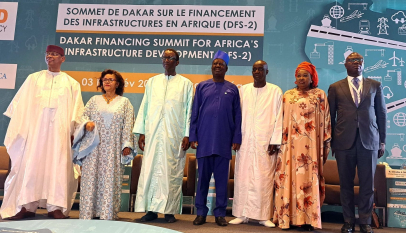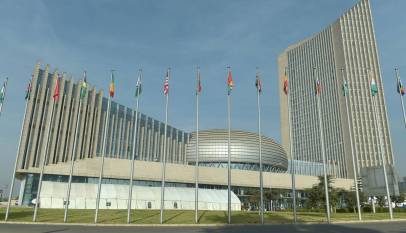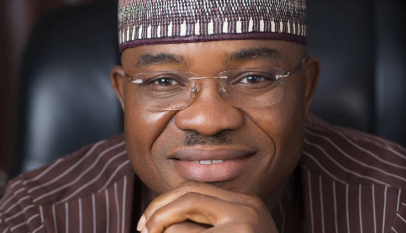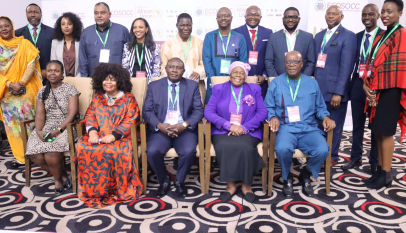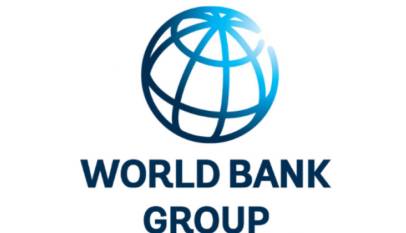Africa Industrialisation Day 2019: Positioning African industry to supply AfCFTA market
Since 1990, 20th November of every year has been celebrated as Africa Industrialization Day; this year’s was aimed at raising awareness on the challenges and opportunities for Africa’s industrialization, in the context of the newly-formed African Continental Free Trade Area (AfCFTA)
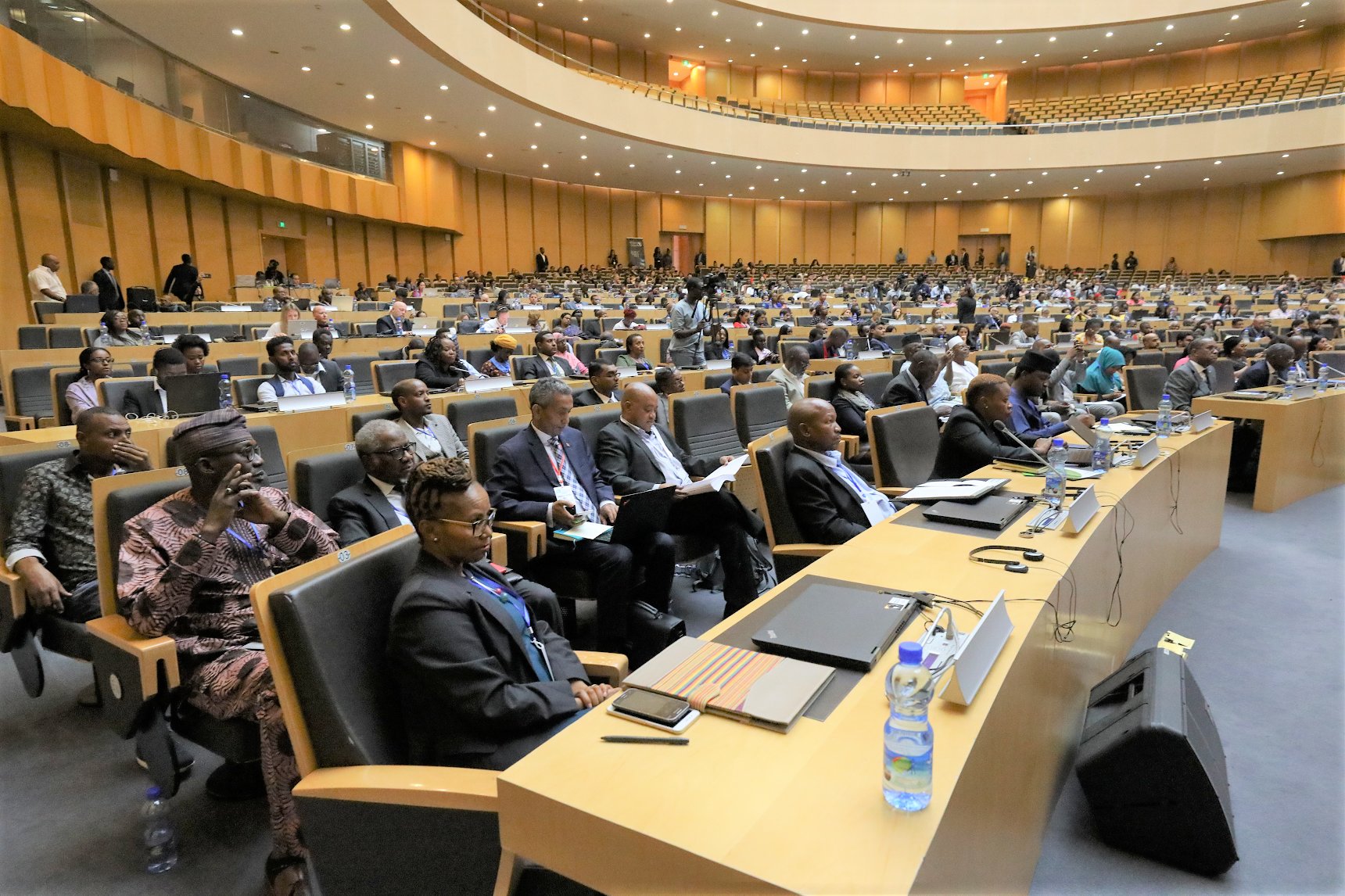
In 1989, the 25th Ordinary Session of the Assembly of Heads of State and Government of the defunct Organization of African Unity (OAU) declared November 20 as Africa Industrialization Day – as a unique platform for enhancing international cooperation and dialogue on the pan-African industrialization agenda, as well as raising awareness on the opportunities and challenges associated with Africa’s industrialisation drive.
Since 1990, AID has continued to be celebrated by OAU and now its successor, the African Union as well as United Nations, as a rallying point for African leaders, policymakers, the private sector, academia, international financial institutions (IFIs) as well as development cooperation partners, for discussions on the role of industrialisation in Africa’s socioeconomic transformation.
This year, a high-level panel session was hosted by the AU Commission and its partners, in Addis Ababa, Ethiopia, in commemoration of the Africa Industrialisation Day. Presided over by Her Excellency Sahle-Work Zewde, President of the Federal Democratic Republic of Ethiopia, the session had as panellists; Ambassador Albert Muchanga, commissioner in charge of trade and industry at the AU Commission; Ms Aurelia Patrizia Calabro, UNIDO’s Ethiopia regional hub director; Arancha González, executive director of the International Trade Centre (ITC); as well as H.E Yun Kang-Hyeon, deputy minister of economic affairs for the Republic of Korea.
While welcoming delegates to the 2019 AID celebration, Commissioner Muchanga said the key drivers of Africa’s industrialization would be the private sector, noting that the African Continental Free Trade Area has provided a large market space for intra-African trade in ‘Made in Africa’ goods, to be supplied by African industries.
“We are committed to creating an enabling environment for the growth of manufacturing by addressing issues like fair competition, policy consistency, access to finance, combatting corruption as well as creation of trade related infrastructure; among others. We are committed to the mainstreaming of gender in manufacturing. The She Trades brand is growing; we must now develop the She Produces brand. We are committed to leveraging synergies with the African Development Bank and the United Nations Economic Commission for Africa,” said Muchanga.
“In addition to this, we are committed to skills development and one of the key outcomes of this commemoration is to establish a Pan-African Manufacturing Institute; we are committed to dialogue with African manufacturers. To this end, the Pan-African Manufactures Association has been inaugurated and we will enter into a Memorandum of Understanding with them. Work is also underway to conclude a Memorandum of Understanding with the African Free Zones Organization (AFZO).”
In her address, President Sahle-Work Zewde of Ethiopia, who expressed Ethiopia’s strong commitment to materialize the implementation of the AfCFTA agreement also called upon all African states to also do same. She said, beyond doubt, Africa had immense economic potentials and was now well poised to firmly mark its participation in the global trade arena adding that the continent was now gaining ground as a key player in global trade, investment, and industrialization – in contrast to its previous marginal role.
“More importantly, the effort to facilitate free trade among African countries and enhance the continent’s competitiveness has taken a shape and made a significant step with the signing and the subsequent ratification of the African Continental Free Trade Agreement by the majority of African States, in which my country Ethiopia has played its pivotal role to bring the agreement into effect. Therefore, further, to endorsing the agreement, it is high time to expedite its implementation in order to unleash complementary economic ecosystem among African nations to utilize full potential of the continent in becoming leading exporter in international trade,” urged President Zewde.
Ms Aurelia Patrizia Calabro, UNIDO’s Ethiopia regional hub director said AID represents a unique platform for enhancing international cooperation and fostering dialogue on the Pan African industrialisation agenda adding that the UNIDO-anchored 2016-2025 Third Industrial Development Decade for Africa (IDDA3), which is being implemented through the Programme for Country Partnership (PCP), has placed Africa on a path towards Inclusive and Sustainable Industrial Development (ISID).
The Programme for Country Partnership (PCP) is UNIDO’s multi-stakeholder partnership model aimed at accelerating Inclusive and Sustainable Industrial Development under the leadership of African national governments. The PCP supports the achievement of national industrialization goals, with a focus on a few priority industrial sectors or areas; it is also aligned with the national development strategies of the benefitting countries and focuses on creating synergies with ongoing partner programmes relevant to ISID.
“The AfCFTA provide a platform and new impetus to the continent’s industrial agenda through increased intra-African trade. It is an opportunity to develop regional value chain by producing products that meet international standards and to make optimal use of the regional market. Collective response is critical to thriving in international competitive environment; strengthening countries’ specific comparative advantages in terms of resources – information, skills, knowledge, and institutions – will see Africa emerging as an industrial power,” said Ms Calabro.
She added that the Fourth Industrial Revolution (FIR) and digital economy offer Africa great opportunities for private sector investment as well as prospects for fostering growth and creating jobs; hence could play a major role in the continent’s industrialisation thus the need to strengthen Africa’s industrial innovation systems, so as to reposition Africa’s industry in the context of the newly created CFTA.
While delivering her remarks, Arancha González, executive director of the International Trade Centre (ITC), described AfCFTA as a signal to both African and foreign investors not to miss ‘the world’s largest market is an opportunity’. She said evidence from other continents of the world – Europe, Asia, the Americas – were clear that regional integration lowers trade costs as well as boosting prosperity.
“At the heart of the matter is creating and adding value in the economy, so that economies grow and prosperity is better shared. This means “moving up the chain”; trading in more processed goods. Right now, the level of processing in Africa’s economy is low: just 35%. This compares to Europe at 74% and Asia at 87%.Manufacturing is a very important part of the value addition story, but its only one part. The goal must now be to achieve greater value addition and competitiveness across the board – in industry but also in agriculture and in services,” preferred González.
She also emphasized the need for Africa to prioritize investment in digital economy noting as the most visible manifestation of the digital economy the explosion in e-commerce which she said had the potential to create as many as three million new jobs in the continent by 2025.
“E-commerce start-ups face many obstacles – including low consumer digital trust, fragmented or weak regulatory frameworks, poor infrastructure and low regional integration – but a good sign is that African governments are focusing attention on e-commerce at the continental level as well as at the on-going WTO e-commerce negotiations. Investing in these negotiations will help Africa shape the rules for e-commerce for the future,” said González.
H.E Yun Kang-Hyeon, the deputy minister of economic affairs of Republic of Korea, in his remarks at the AID commemoration event said the launch of the operational phase of the CFTA offered great opportunities for accelerating Africa’s economic development which would allow companies benefit from economic of scale to be provided by the single, integrated African market, which will also guarantee free flow of goods and services across the continent.
“Donor communities often say they have spent enormous amount of money in Africa since the end of the Second World War. No matter how much Overseas Development Assistance (ODA) they contribute, it is a chicken feed compared to the huge financial demand for development. As part of the solution to bridge the financial gap, we have to turn our eyes to the benefits of trade and domestic financing in the form of taxation. ODA cannot compete with the benefits of trade in terms of absolute volume and efficacy,” said Kang-Hyeon.
He further said the Republic of Korea which has achieved economic growth through industrialisation – having transformed itself from a receiver of aid to a donor country in less than half a century, and whose companies were already building cross-border energy and infrastructure projects across Africa – was poised to be Africa’s suitable partner in its quest to industrialise.
The 2019 Africa Industrialisation Day, which held barely four months after the launch of the operational phase of the Africa Continental Free Trade Area (AfCFTA) at the 12th Extraordinary Summit of the African Union in July at Niamey, Niger, was part of on-going top gear preparations by the AU, UNECA, UNIDO and other trade and industry stakeholders across the continent for the commencement of trade in the AfCFTA market scheduled for July 1, 2020.


